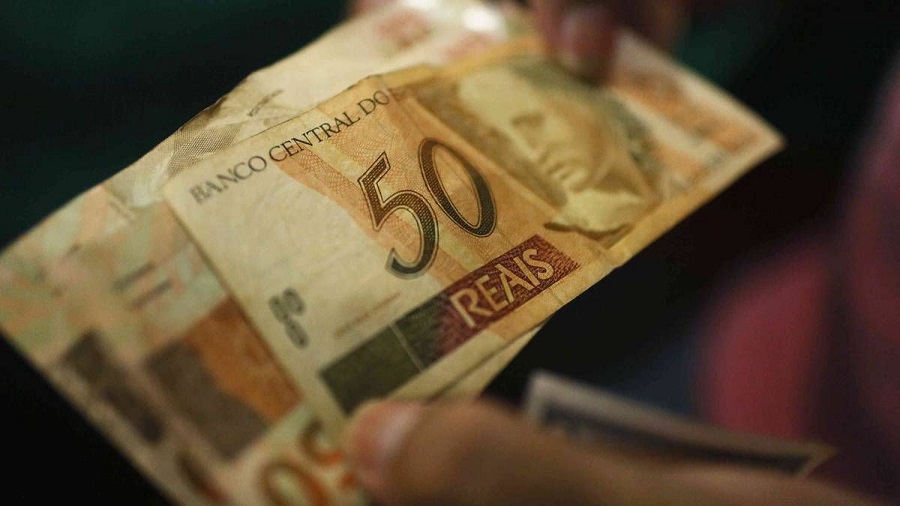RIO DE JANEIRO, BRAZIL – The redesign of the Bolsa Família program – which has been provisionally named Renda Cidadã (Citizen’s Income) – provides for an average benefit of around R$250 (US$49.50) and a total cost of R$51.51 billion in 2022, according to the latest data from the Ministry of Citizenship.

Bolsa Família (Family Allowance) is a social welfare program of the Brazilian government and part of the Fome Zero (Zero Hunger) network of federal assistance programs. Bolsa Família provides financial aid to poor Brazilian families; and if they have children, families must ensure that the children attend school and are vaccinated
The government intends to release the enhanced Bolsa Familia after the new three-month pandemic emergency aid extension. The aid extension allows the Ministry and Economy Minister Paulo Guedes’ team more time to work out the details of the program’s reach given the fiscal restraint pointed out by the economic team.
The total spending will include other additional benefits under the program: day-care assistance, Alimenta Brasil (a program to buy food from family farmers), a benefit for Covid-19 orphans, and bonuses linked to school and sports performance.
The extreme poverty line will rise to the available monthly amount of R$95 (it is R$89 today) and the poverty line to R$190 (it is R$178 today). The goal is for the redesigned program to reach 16.7 million families by 2022, an increase of 1.9 million families.
The new benefit structure will comprise aid for early childhood (from 0 to 6 months) and a variable benefit for children age 3 to 21, in the amount of R$105 per person and a maximum of 5 payments per family. In the case of early childhood, the quota is doubled. A citizenship benefit with a minimum value of R$10 per person is also foreseen, to be determined on a case-by-case basis. Under the current model, a family with father, mother and four children (20, 16, 12 and 2 years old) would be granted R$235. Under the government’s reform, this amount would rise to R$310.
According to the Ministry of Citizenship’s plans, the Alimenta Brasil benefit targets 1.3 million families of farmers who participate in the Bolsa Família program. The new program focuses on the production and sale of healthy food. A benefit aimed at encouraging the development of family farmers’ productive capacity. The resources foreseen to reach these families in the 2022/2023 period total R$554.1 million. One of the pending issues still under consideration for Alimenta Brasil is the need to create a system to manage this new benefit.
For the day care assistance under consideration, the prerequisite is that one of the parents is responsible for meeting all the child’s needs and that he or she is unable to find a vacancy in the public education system. The government estimates a cost of R$300 million for 100,000 vacancies in 2022. Should the beneficiary find a vacancy in the private network, the aid will be R$ 250, conditional on enrollment. If not, the aid will be R$100 per month to pay a caregiver. This is considered an incentive for the beneficiary to look for a job.
Paola Carvalho, institutional director of the Brazilian Basic Income Network, draws attention to the Bolsa Familia waiting list, which, even before the pandemic’s impact, reached some 2 million families. “These 15 months of pandemic have impoverished the population even further, and hunger is a reality in every corner of Brazil.” In her opinion, a permanent income policy that takes this new social map into account is required.
Source: O Estado de S. Paulo

